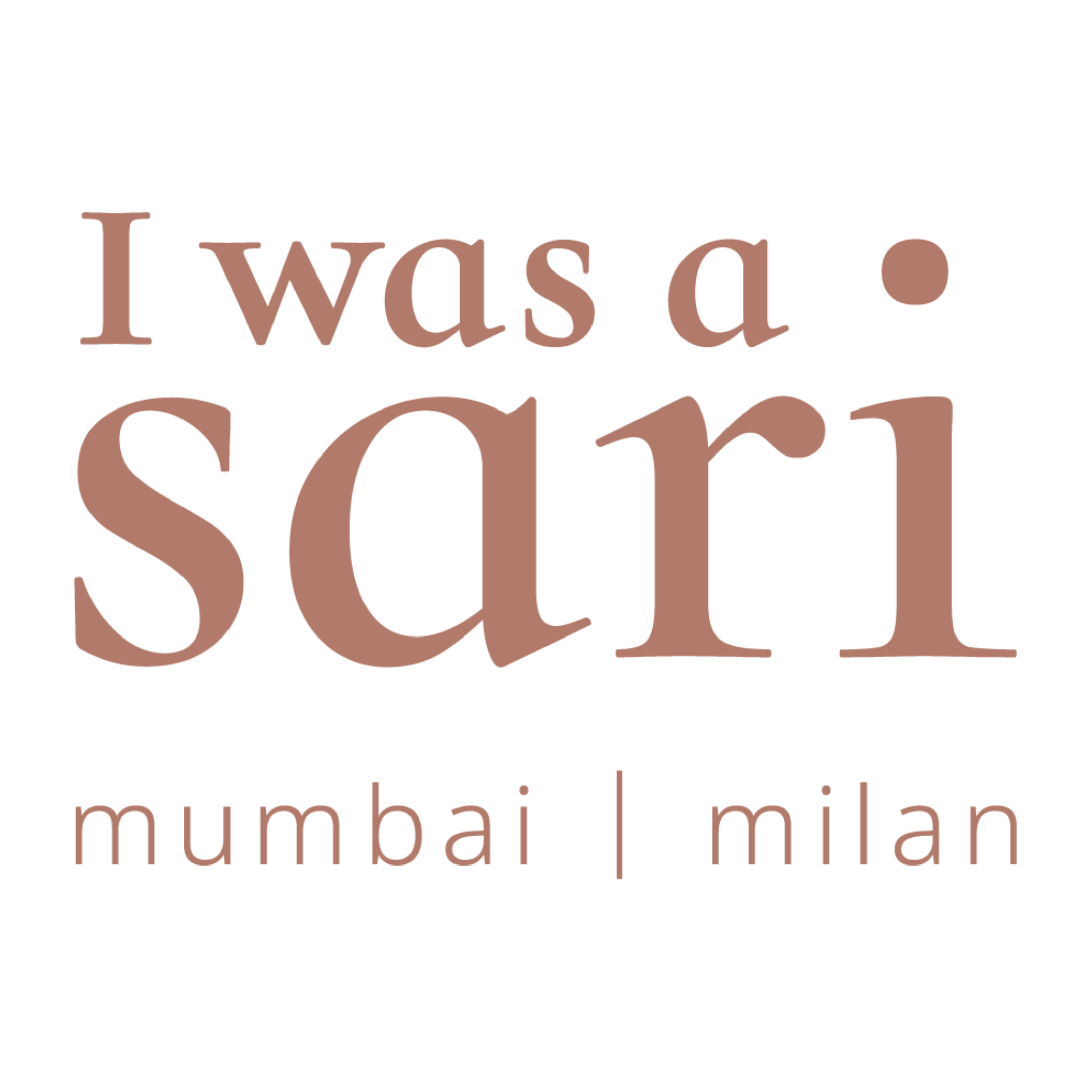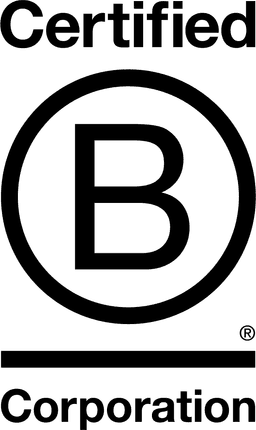

2nd Innings Handicrafts Pvt Ltd

Maharashtra, India
March 2024
Apparel
Manufacturing
Australia,
France,
India,
Italy,
Japan,
Spain,
Switzerland,
United Kingdom,
United States
I was a Sari is a circular fashion label that is committed to zero waste. The brand works with pre-loved saris and fabric dead-stock to create contemporary ready-to-wear & accessories with the help of female artisans in India. Each piece is handcrafted and unique as it comes from existing materials. I was a Sari is wholly owned and managed by 2nd Innings Handicrafts Pvt Ltd, a zero dividend private company. I was a Sari believes that fashion should not compromise the planet or exploit people. Since its inception, the brand has provided 1.5 million square meters of fabric and 650 artisans with new beginnings. Since 2018, the luxury brand Gucci, as part of its CSR initiatives, has been an integral partner for the brand. Together, they train female artisans from marginalised communities to become skilled artisans and embroiders enabling them to become financially independent. Over the years, I was a Sari has fulfilled multiple corporate gifting orders and developed bespoke products for clients such as Gucci, Oxfam, Brembo, Davines among others. sw In 2019 I was a Sari won the Responsible Disruptive Award, at the Green Carpet Fashion Awards in Milan - Italy and the Circular Design Challenge Award, India’s first award for sustainable fashion promoted by the United Nations.
Overall B Impact Score
Governance 8.8
Governance evaluates a company's overall mission, engagement around its social/environmental impact, ethics, and transparency. This section also evaluates the ability of a company to protect their mission and formally consider stakeholders in decision making through their corporate structure (e.g. benefit corporation) or corporate governing documents.
What is this? A company with an Impact Business Model is intentionally designed to create a specific positive outcome for one of its stakeholders - such as workers, community, environment, or customers.
Workers 15.2
Workers evaluates a company’s contributions to its employees’ financial security, health & safety, wellness, career development, and engagement & satisfaction. In addition, this section recognizes business models designed to benefit workers, such as companies that are at least 40% owned by non-executive employees and those that have workforce development programs to support individuals with barriers to employment.
Community 38.2
Community evaluates a company’s engagement with and impact on the communities in which it operates, hires from, and sources from. Topics include diversity, equity & inclusion, economic impact, civic engagement, charitable giving, and supply chain management. In addition, this section recognizes business models that are designed to address specific community-oriented problems, such as poverty alleviation through fair trade sourcing or distribution via microenterprises, producer cooperative models, locally focused economic development, and formal charitable giving commitments.
What is this? A company with an Impact Business Model is intentionally designed to create a specific positive outcome for one of its stakeholders - such as workers, community, environment, or customers.
Environment 20.0
Environment evaluates a company’s overall environmental management practices as well as its impact on the air, climate, water, land, and biodiversity. This includes the direct impact of a company’s operations and, when applicable its supply chain and distribution channels. This section also recognizes companies with environmentally innovative production processes and those that sell products or services that have a positive environmental impact. Some examples might include products and services that create renewable energy, reduce consumption or waste, conserve land or wildlife, provide less toxic alternatives to the market, or educate people about environmental problems.
What is this? A company with an Impact Business Model is intentionally designed to create a specific positive outcome for one of its stakeholders - such as workers, community, environment, or customers.
Customers 0.1
Customers evaluates a company’s stewardship of its customers through the quality of its products and services, ethical marketing, data privacy and security, and feedback channels. In addition, this section recognizes products or services that are designed to address a particular social problem for or through its customers, such as health or educational products, arts & media products, serving underserved customers/clients, and services that improve the social impact of other businesses or organizations.